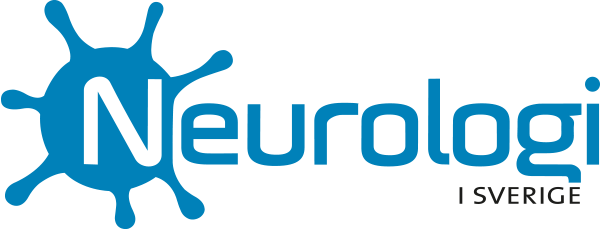BNS utser vinnare av Green Neuroscience-priset 2024
British Neuroscience Association (BNS) utser vinnare av sitt Green Neuroscience pris 2024:
Nick Souter, Postdoctural Research Fellow, University of Sussex

Nick Souter is a postdoctoral research fellow within the School of Psychology, at the University of Sussex. He has a background in Psychology and Cognitive Neuroscience, with previous work focusing on the retrieval of semantic concepts, in stroke patients with aphasia and in neurologically healthy adults.
Nick’s current work focuses on measuring and reducing the carbon footprint of computing required in human neuroimaging research, with a specific focus on functional magnetic resonance imaging (fMRI). A highlight from this work is a review paper, recently published in Imaging Neuroscience, which provides ten recommendations for neuroimagers to decrease the carbon footprint of their computing over the complete research life cycle, from study planning to data sharing.
Nick has led initiatives and studies that will form the foundation of sustainable neuroimaging practices for the community at large. He has developed the public tool fMRIPrepCleanup, enabling users to automatically remove junk files generated by preprocessing, which constitute up to 96% of total file size (reducing server workload). He has also released a novel carbon tracking tool, in collaboration with Sussex IT.
In helping to raise awareness of the importance of the need to engage the neuroscience community on sustainable practices, Nick has spoken on this at a variety of meetings, including BNA2023 in Brighton, the international Organization for Human Brain Mapping, in addition to events at Wellcome and the British Society of Computing – and most recently, at the BNA’s recent Members Meeting.
Joseph Clift, Head of Policy and Campaigns at the BNA, said:
”Our new prize shines a light on efforts by individuals already leading the way on reducing the environmental impact of their own research activities. Nick has led initiatives on making neuroimaging most sustainable, published recommendations on how researchers can achieve this, in addition to developing valuable sustainability-boosting tools to aid the neuroscience community – all within 1 year of his first postdoc.”




